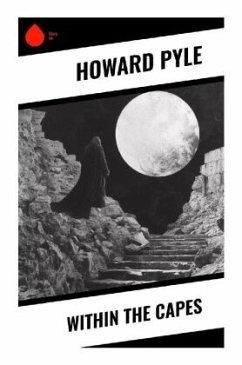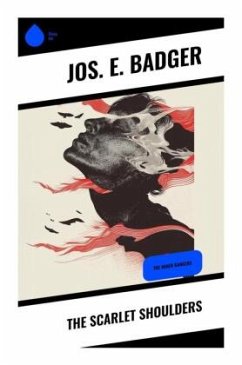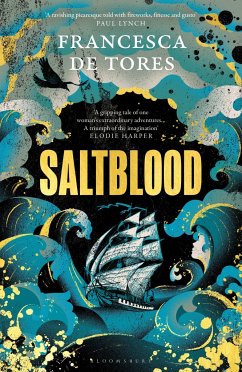
The Robber

PAYBACK Punkte
0 °P sammeln!
In "The Robber," G. P. R. James delves into the complexities of morality and identity through the thrilling exploits of its titular character. The narrative unfolds in a richly woven tapestry, combining vivid descriptions with suspenseful pacing, typical of James's style that often mirrors the romanticism and melodrama of the early 19th century. Set against a backdrop of political turmoil and societal expectations, the novel examines themes of justice, redemption, and the duality of human nature, resonating with contemporaneous literary movements that sought to explore the moral fiber of indiv...
In "The Robber," G. P. R. James delves into the complexities of morality and identity through the thrilling exploits of its titular character. The narrative unfolds in a richly woven tapestry, combining vivid descriptions with suspenseful pacing, typical of James's style that often mirrors the romanticism and melodrama of the early 19th century. Set against a backdrop of political turmoil and societal expectations, the novel examines themes of justice, redemption, and the duality of human nature, resonating with contemporaneous literary movements that sought to explore the moral fiber of individuals in a changing world. G. P. R. James, a prominent figure in the Victorian literary scene, was known for his adventurous tales, often featuring outlaws and antiheroes. His background as a writer and historian gave him unique insights into the socio-political climate of his time, which undoubtedly informed his portrayal of characters caught in the throes of rebellion and personal conflict. The inspiration for "The Robber" may stem from James's fascination with the blurred lines between heroism and villainy, as well as the ephemeral nature of freedom. Readers with a penchant for character-driven narratives that challenge ethical boundaries will find "The Robber" particularly engaging. James's exploration of the protagonist's tumultuous journey promises not only entertainment but also reflection on the dilemmas we face in our own lives. This captivating tale is a must-read for those interested in the moral intricacies of the human condition.













